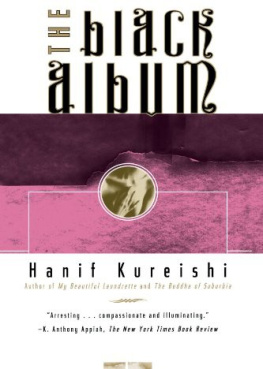Table of Contents
Introduction: The Writers Time
This collection begins in the early 1980s, and as far as I can recall, The Rainbow Sign was the first essay I ever wrote. My then editor at Faber, Robert McCrum, had approached me about publishing the screenplay of My Beautiful Laundrette and suggested I write an introduction to it, since it might seem thin on its own.
Im not keen on reading screenplays myself; I cant recall wanting to read one purely for pleasure, except for The Third Man . Certainly, when I write a screenplay, how it reads is not primary. A screenplay is more of a map than a work of art, and should show the director how he might get from here to there, while telling the actors what they should say.
In the 1980s Faber began to sell a lot of screenplays, especially Tarantinos. The Rainbow Sign was an opportunity for me to think more about some of the issues raised in My Beautiful Laundrette and in the plays Id written before that, which were concerned with race, class, sexuality and so on, questions provoked by my childhood and family situation, and which I couldnt help continuing to try to formulate and think around. These were questions particularly the ones around race which, it seemed to me, contemporary artists were reluctant to engage with, as if they didnt know where to begin.
Although Id enjoyed the new extravagant and wild American journalism, a written version of rock n roll, where, mostly, the writer appeared as a character and, inevitably, as the headline Mailer, Wolfe, Hunter Thompson I cant say they set a good example. You couldnt see the story for the star.
I preferred the modest intensity of James Baldwins work. It seemed to me that he had more to say than the others, particularly about what it is to live in a society where ones identity is always in doubt, if not under attack. (If other people have too many ideas about you its impossible for them to see you. You are both over-scrutinised and ignored.)
And anyhow, whatever else other writers were doing, what I wanted was to describe myself in terms of the country I lived in, Britain. Adolescents read partly to find others who understand their situation, who suffer as they do, and have similar sexual experiences to them. But I had found very little in contemporary British writing which spoke for me. Immigration and social change was mostly off the agenda as a subject, and I was yet to begin my own account of being of mixed race, The Buddha of Suburbia .
The Rainbow Sign, then, was an opportunity for me to consider some of these things, and to see if I could use the essay form expressively. After all, the writers Id admired as a young man wrote essays as well as novels, stories, plays; it was part of the writers work to use forms which tested and extended him. He was a different kind of writer according to what he was attempting ; he could say different things. The theatre I came from, and where Id worked since I was eighteen, and whose tradition of acting, directing and writing I admired the Royal Court in Sloane Square had been committed since the mid-50s to exploring Britains post-war decline and the effects of the end of the empire, and what sort of renewal might be possible. It wanted to put the contemporary on stage. It recognised that without lively new voices the culture died.
I have wanted, too, to write about London, as so many others have done, and its fascination for me as a young man, particularly areas which were once considered louche, bohemian and mixed, and where, for a time after the war, the most lively people gathered: Chelsea, Notting Hill and Soho. These places have now become expensive and bland. Since the mid-80s and the construction of Canary Wharf, the centre of gravity of the city has shifted to the East, and it seems to me that I am once more living in a suburb. Luckily, theres no community spirit or noticeable identity in Hammersmith, just immigrants moving in and out. People live here mainly because of its proximity to other places. But its as good a point as any in which to take the temperature of this massive, diverse city.
I had wanted to be a writer to devote myself to words and storytelling from the age of fourteen. I can remember the moment it occurred to me, one day at school, and how differently I felt about the world after, the door to the future opening. But I hadnt given much thought as to how I would support myself, and later, a family. I seemed to believe that Id get by somehow. The details didnt matter, particularly since I made the decision to write in 1968 a time when creativity rather than bread was the key. And the writers Id admired Kafka, Beckett, Kerouac, Henry Miller, amongst others hardly had professional writer on their passports . They were artists, which was different, and none of them, to my knowledge, seemed concerned about the price of prams, or had children at private school both of which, according to a rather arch idea of Cyril Connollys, were lethal for writers: There is no more sombre enemy of good art than the pram in the hallway.
Perhaps, for some people, becoming an artist implies abandoning ordinary life for the excitement of bohemianism, but I cant say I know many writers like that. Writing is as steady a job as any job can be. Routine makes the imagination possible. Acting in, you could call it, as opposed to acting out. Writers are envied because writing, or perhaps any form of art, is the most gratifying sublimation of all; it is one thing you dont have to leave the house to do warm but not impressive underwear being the only requirement , apart from some talent.
I guess I inherited the idea of professionalism from my father, who is referred to often in this collection, as well as in my memoir My Ear at His Heart . His deepest wish was to write for a living rather than work as a clerk in an embassy, and he thought that being paid was a higher accolade, and a more dependable and useful form of praise, than a good review, something any writer would agree with.
When I dropped out of the first university I attended, and my father was ill and things were beginning to fall apart for me, almost before theyd begun someone suggested they might be able to get me work in Fleet Street. I considered this, but knew even then that I could never be a journalist. Journalism didnt resemble in any way what I wanted to do. It was too functional; I thought it would dilute my style; and it was too quick for me. Later, newspapers would call up with a request for a piece, often about a fascinating subject, and theyd want it overnight or in two and a half hours. I can write fast; I like to, its sometimes the best way, charging ahead without hesitation or inhibition. But I have no interest in being continually under that kind of pressure; I panic, freeze and head for the pub.
The piece of writing I usually most enjoy doing is inevitably the thing Im not supposed to be doing, so it can seem illicit. I like to work on something over a long period, returning to it repeatedly , adding, subtracting and altering, and taking advice from editors and friends, until I cant bear to look at it, which is when I guess its done. Writing is highly labour intensive. It takes a lot of time and much patient toleration of boredom, frustration and self-loathing to achieve anything. Then you try to sell something to the world it doesnt know it needs.
George Orwell writes, with some baffled amusement, about people who just decide to write, without quite knowing what they might write about. No writer knows this, or would want to. He or she will probably be aware of some sort of impulse to speak, and will begin writing to explore, to discover to create a self; it is a form of play more like a conversation than a programme. For me, the occasion of an essay is the opportunity to walk and think and dip into my library. It is an opportunity to continue to be a student the finest thing in the world and to try to find out if I have something to say. Writers often think of themselves, and are often characterised, as idlers, loafers or bums, since much of what we do takes place when were not working, in the unconscious, and in cafs. I cant begin to tell you what hard work it is looking out of the window and wondering about your favourite pen, and which colour ink you prefer that day, but few will be convinced.

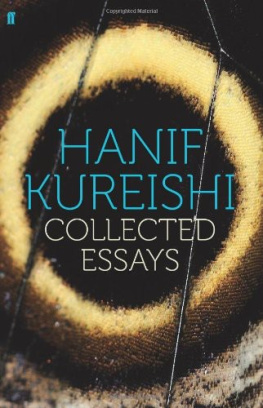
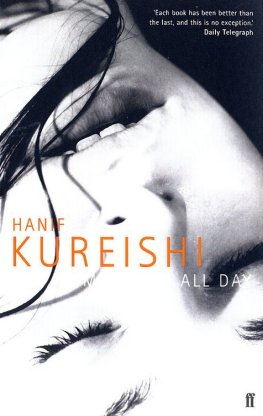
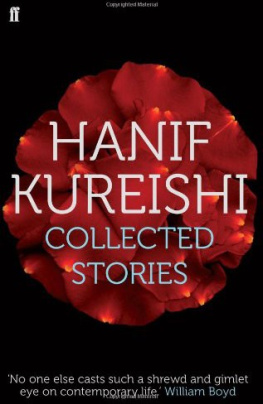
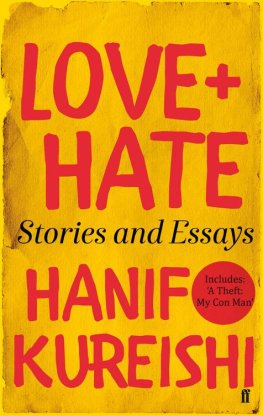
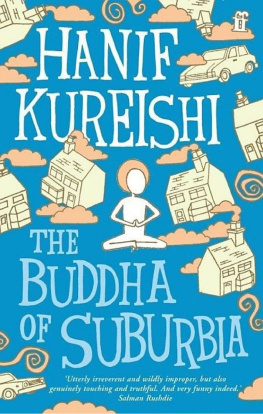
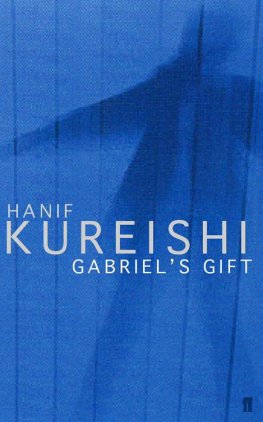
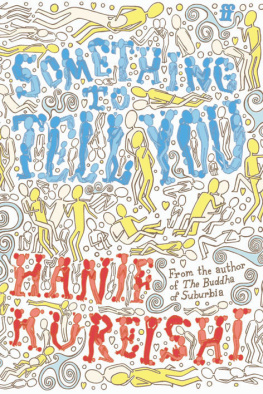
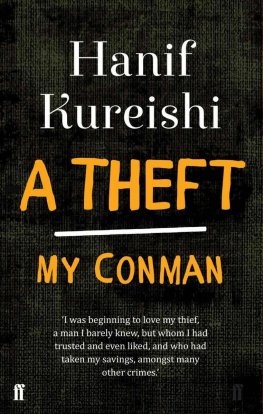
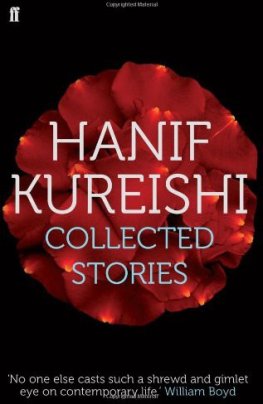
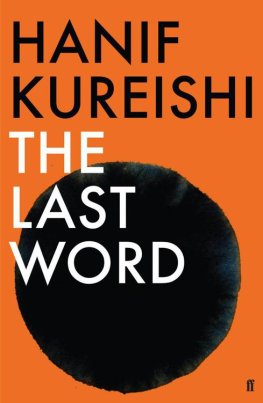
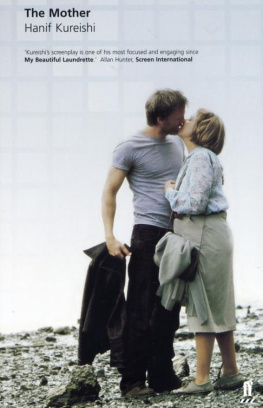
![Hanif Kureishi [Hanif Kureishi] - What Happened?](/uploads/posts/book/141306/thumbs/hanif-kureishi-hanif-kureishi-what-happened.jpg)
